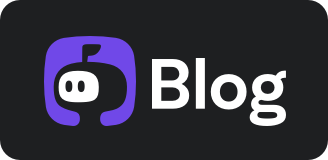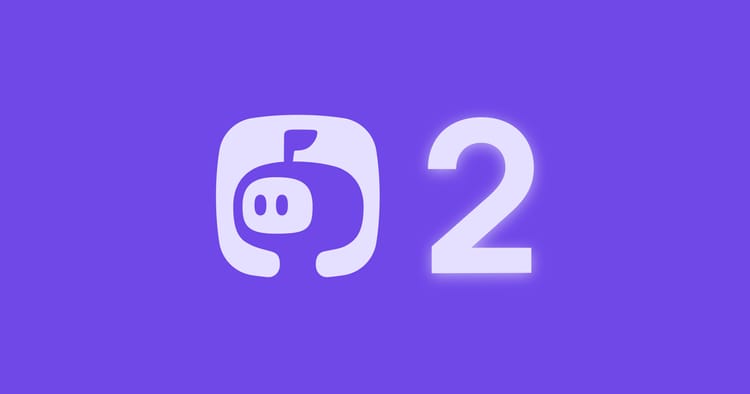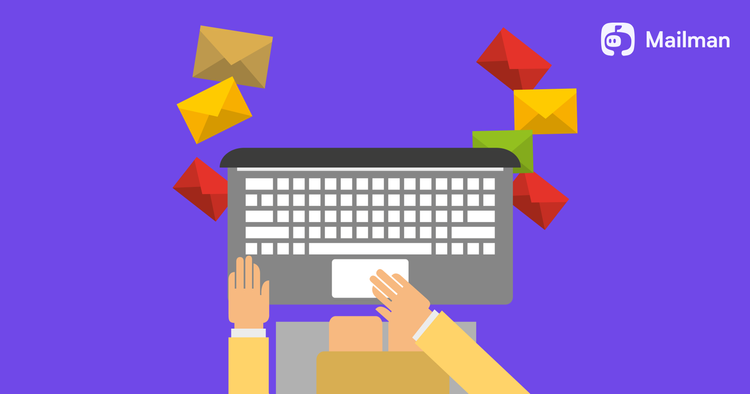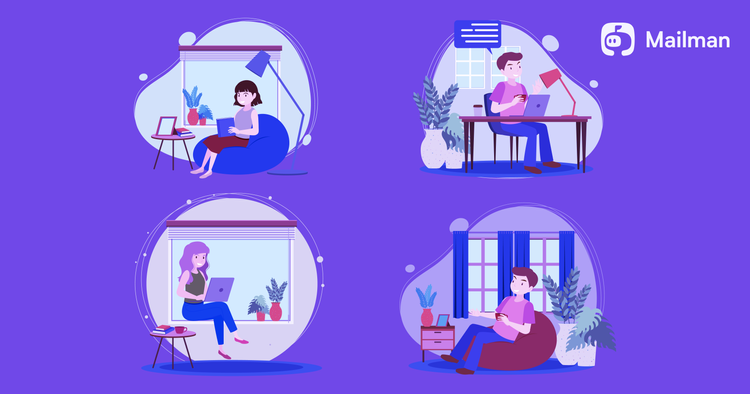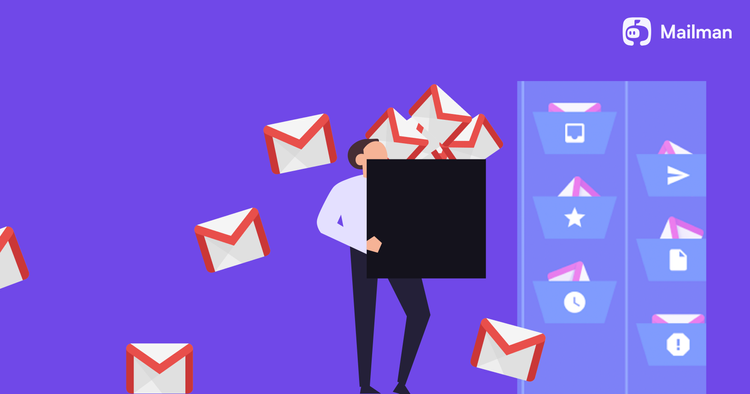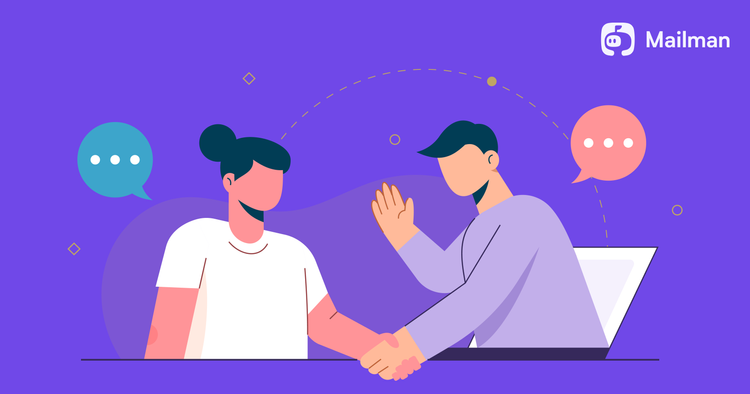Taking back control of technology
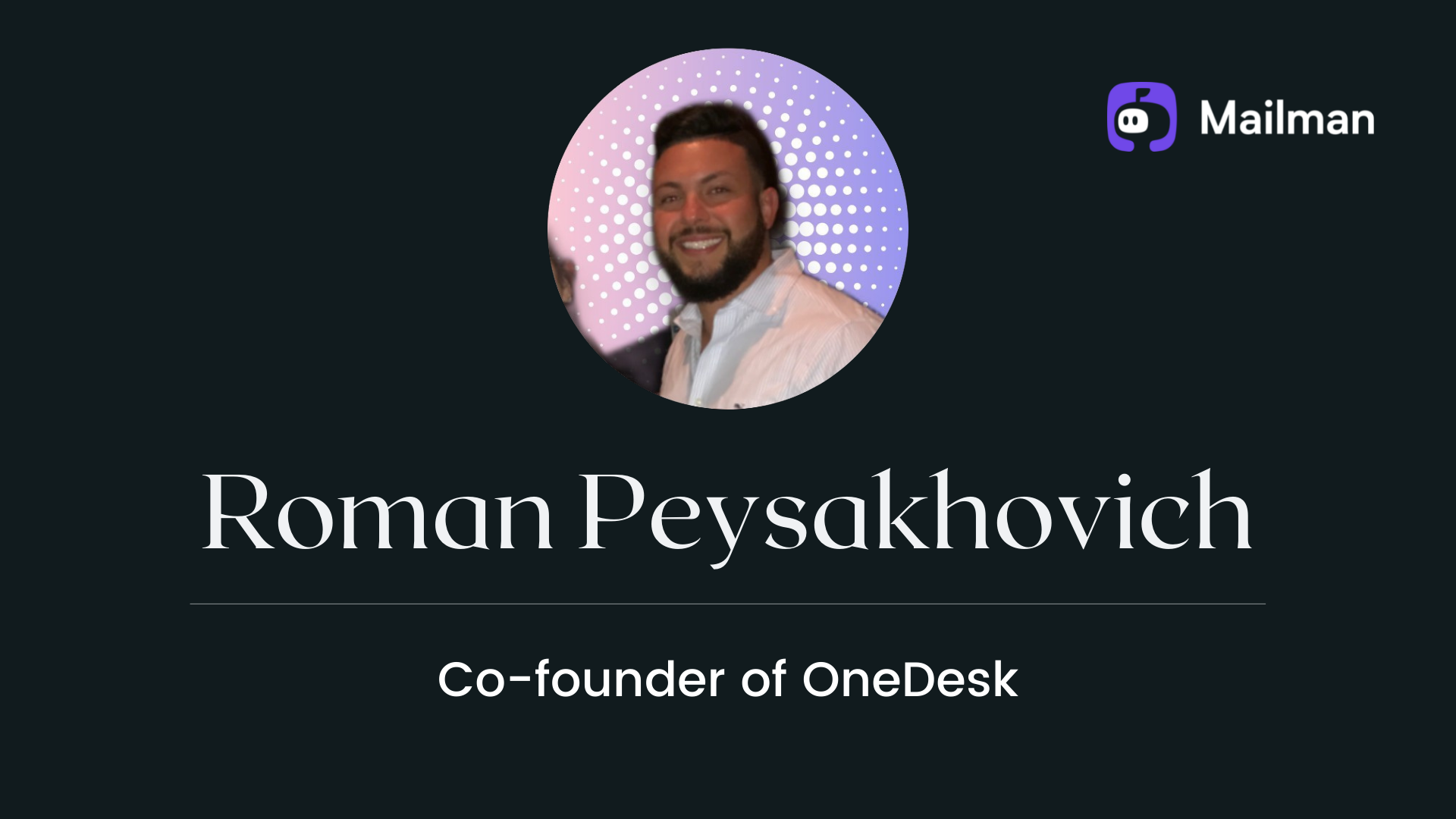
Technology is immensely powerful. But there's a catch, it's powerful both ways. While it can be leveraged to build amazing things, it can also quickly take complete control over your life if left unmonitored.
Unfortunately, for most of us, the latter is true. Technology has started to control our lives in more ways than we can image. There a notification pops and there goes our attention. Here comes an emails and in an instant we drop everything to tackle that email.
This should not work like this. Technology is a tool for us to use. By the looks of it, we have become a tool for technology. We behave the way technology wants us to, and not the other way round.
How do we fix this?
By taking back the control of technology.
How do we do that?
Let's learn from Roman Peysakhovich, Co-founder of OneDesk
"I've a no notifications rule for all my apps. That ensures that I only check things when I want to and information is not being pushed onto me through these notifications.
Another practice I follow is, working in 90 minute deep work slots. When I'm in between one of these 90 minute blocks, I make sure to not get distracted by anything and only focus on my work. I've 3 such blocks scheduled everyday.
Then to maintain control on my email, I use Mailman to deliver my emails only 3 times a day. This ensures that emails don't keep coming in all the time distracting me from work. Mailman also makes sure that no spam gets to my inbox.
Lastly, I have multiple desktops in front of me. The one with chat and WhatsApp is placed farthest to me. So that I don't keep looking at it all the time.
All these different practices ensure I control the technology and not the other way round. You'll need to consciously apply such practices or you'll become yet another slave to technology."
In this episode, Roman also shares how he started a commercial cleaning service in the middle of a pandemic, how he stays productive, how he ensures effectiveness in meetings, not allowing any notifications, controlling his email inbox like a king, and much more.

Roman introduces himself
Hey, I'm Roman, founder of OneDesk. It's a software platform where office managers or anyone who needs cleaning services can go to book commercial cleaning services. Everything can be managed on the OneDesk platform. They can chat with their cleaners, chat with us, schedule services, manage invoices, all of it through 1 platform called OneDesk. It's like Uber for commercial cleaning services.
His beginnings
My journey goes back to regular residential cleaning. My family has had a residential cleaning business for a while. I started working with them and I wanted to bring a tech side to it. I wondered how can I make it more available online?
So I built an online forum where people could go to book house cleaning services without having to do a walkthrough with house cleaning companies. You just had to say, "I have a 2 bedroom house, XYZ sq feet and I want it cleaned every week" and with that you could book a cleaning service online.
I did that for a while. Then I went into the commercial side of it. I wanted to do it for B2B. We did that for 5 years. We had employees doing cleaning services for all sorts of commercial properties. Then I wanted to introduce the tech side to the commercial cleaning industry as well. A lot of the pain points these offices face while booking/managing cleaning services could be easily solved through software. That's where OneDesk was founded. We've been running this tech cleaning services company for about a year now, and we service companies across the country.
Finding the first 10 clients
Initially, we tried going around knocking on office doors, asking if they needed cleaning services. But that approach didn't work well for us. Then we tried the inbound marketing approach, like SEO. Even though we're in a competitive space, there's still not much digital marketing happening in the cleaning services industry. So we started ranking pretty well for some of our main industry keywords and that's what got us our 1st clients.
Journey through the pandemic
The pandemic causes all offices to shut as everyone was asked to work from home. We actually started the business in March last year when the first lockdown just happened. At the time we were not worried, or to be real, we were happy as we thought this is going to last a week or 2 at max and then everyone would go back to office, hence a lot of demand would come in for our cleaning services.
As we all know, that didn't end up happening. We realized that offices aren't opening anytime soon. So we had to do a little bit of a pivot. We looked at offices that are still operational even during the pandemic. Like daycare, hospitals, clinics, pre-schools. We had to learn to market specifically for those industries that were still operating from an office.
Besides that, we started learning about the disinfecting space. Those kind of products were in demand during Covid-19. We set up a small ecommerce store on our website selling those kind of products. For that reason, we're now an e-commerce platform as well.
Meeting heavy days
A typical day for me right now is filled with different kinds of meetings. That's because we're looking to get into a lot of partnerships at this point with different kinds of cleaning companies across the country.
My day starts at around 8 O'clock. That's when I'll jump on my first call for the day. It can be with a potential partner, or our internal company meeting. Then in the second half, I have meetings with our customers lined up. Basically, a lot of meetings all day.
How to take feedback calls with customers?
When we talk to our clients, they'll always mention the same pain points to us. That clearly tells us what we need to improve on. But if a client shares a request that isn't common with a lot of other clients, we'll find a low cost way to fix the issue for this one client, without making major changes to our core product.
It's straightforward, if it's a common issue/request, we'll solve it for everyone by making changes to the product. While if it's a specific issue, we'll deliver a specific solution.
Having effective meetings
For most of my meetings, I try to be clear on what are the goals of the meeting, what are we trying to accomplish, and the next steps. At the end of every meeting, I make sure to ask the other person, "What are the next actionable steps we need to take based on this meeting?". I ask that because that's the entire point of the meeting, to move things, to get doing, to solve problems. If you can't come up with a plan of action, there's no use of a meeting.
Although I have a lot of meetings, I try to not have unnecessary meetings as much as possible.
On burnout
At the start of this year, we were getting a lot of inbound interest in our services. So I was getting on calls all the time. Working days and nights. That's definitely a time when I felt close to a burnout.
What a lot of people do when facing a burnout like situation, is taking a break. Taking a day off to focus on themselves, reading a book and things like that. There's a different kind of solution that works for me. It might sound strange, but what I do is instead of taking a break to focus on myself, I try to focus on other people. So I'll go and spend time with my wife, or my sister, or my friends. Then I'll just listen to them, how are things going in their lives. How can I help improve their lives in anyway?
Taking the focus away from me, and towards the people I care about, has been my way to feel refreshed and get renewed energy.
When to say 'yes'?
Initially, when you're starting a startup, you want to say 'yes' to everything. But as you proceed, you realize your time is limited, your attention is limited. Now I'm very careful about what I say 'yes' to. I'm a big fan of this idea called "deep work", where you basically enter a state of deep focused work, completely undistracted to get some quality work done.
I optimize my life for that. To do as much deep work as possible. If I look at my inbox, I'll archive most of it or not reply immediately. I'll do it when I'm in the right state of mind, but I can't let my focused state be taken away by a bunch of emails.
I'm also big on the snooze button when it comes to emails. I'm just very lean on emails and even with ignoring emails. I'll rather not reply to someone than telling them I'm not interested and make random excuses. Most things get a 'no' from me by default, unless of course it's a 'yes'.
On work life balance
I feel that the term "Work Life Balance" is a joke. There are people who claim to have figured out this balance, but the moment you start asking them questions around it, the lie falls flat. For example, I was talking to a guy who said, "I've work life balance figured out" and I immediately countered with, "Then why are you talking to me at 9:30 at night?". It doesn't work that way.
For me, I'll work from home when I've to do shallow work. Like emails and meetings. But when I've to do some deep work, I can't do it from my home. There are so many distractions at home that it's just not possible. So for that I'll go off to a WeWork and do some quality work from there.
Routines/Systems for productivity
I use a tool called clickup, in that I've a task called DMO, which stands for "Daily Method of Operation". These are tasks that I need to do to make sure the company survives. If I don't do these, overtime, the company will die.
Another tool is use is Pomofocus, in that I'll set the timer for 90 minutes and do quality work in those 90 minutes without getting distracted. Once the buzzer goes off, I'll take a walk, check emails, get a coffee. Then I'll start with another 90 minutes session. I try to do 3 such sessions a day.
I also use multiple desktops while I work. On my extreme right is a desktop that has my chat and WhatsApp. That's why I've kept it far to the right to make it out if my reach. And I don't get any notifications for any of the messages I get. In case of call, I'll see it if you're my favorites. Otherwise, I'll get to it after I'm done with my 90 minutes of focused work.
Talking about emails, I'm a big subscriber of "inbox zero". However, I've tweaked it little bit that I don't need to have an empty inbox, but my inbox should only have things that are actionable. I archive emails that aren't actionable. Then I snooze emails that are not a priority and can be dealt with later.
On top of that, I use Mailman. So I get no spam whatsoever as Mailman automatically sends it to a different folder. Otherwise I got a lot of spam emails. The other week I had 700 emails that were all spam. Now Mailman takes care of it and my inbox remains clean of any spam.
Mailman delivers my emails only 3 times a day. Initially, I was in a habit of checking my inbox all the time. But since I started using Mailman, there were no new emails however frequently I may check, that's because they'll only come in at their set schedule. It took some time for me to get used to that. But it was a healthy email habit to build. I no longer get that constant urge to check my email.
I'm a big believer in email productivity. If your employees are spending all day in their inbox, they're not really working, all they're doing is data transmission. You can't just be an email processing machine. Weather you're running a business or you're an employee. You've to hack your way through email or it'll take complete control of you.
One extra hour
If I get one extra hour in my day, I would definitely spend it away from technology. I would shut down my laptop, my phone, all my devices. I would not even do any kind of deep work. Instead, I'll step away and focus on my values outside work. It can be spending time with my wife, or with our dog, anything other than work.
How to connect with Roman?
Definitely don't email me (laughs). I use linkedin a lot, you can always message me on LinkedIn. That's a good place to reach me.
